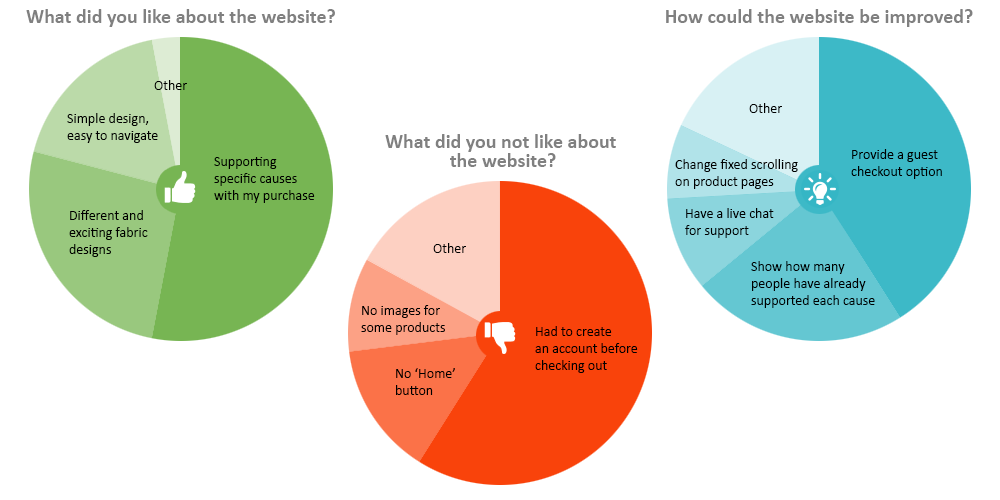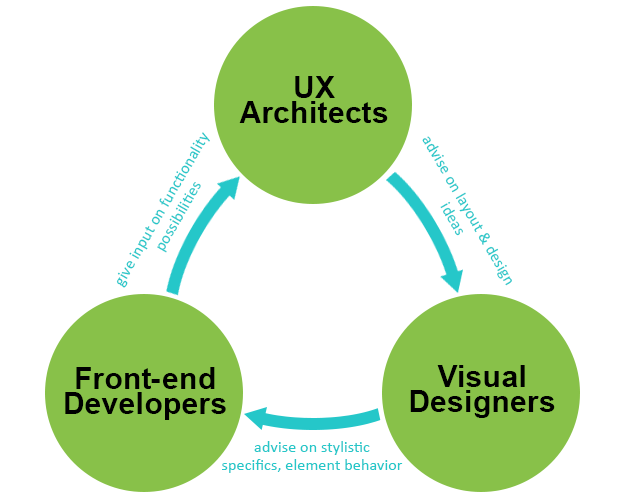It’s been an interesting year for User Experience, as old design elements and schemas have been questioned, new applications of UX principles and techniques explored, and ideas on how to practice UX design and usability testing proposed.
We’re glad to have contributed our part to these discussions in 2015, and can’t wait for the continued growth of the field over the year to come! As a brief recap of the ideas that have made an appearance on our blog this year, here are our top 10 most widely-read and circulated articles of the past year.
1.
UX Wars: Yelp vs Zomato
Part of the UX Wars series of articles pitting big brands against each other in website usability face-offs. The Yelp vs Zomato comparison showed the importance of a coherent identity and clear purpose for holding a website’s user experience together, as well as the importance of using space economically.
2.
Crowdsourced usability in the wild: Testing UXCrowd with Serengetee
In this article, we took a look at the pros and cons of crowdsourcing usability analysis with the UXCrowd tool by trying it out on apparel website Serengetee.

3.
Measuring task usability: The Single Ease Question
What’s measurable can be improved. The Single Ease Question, or SEQ, is a way to quantify the usability of individual tasks in a user test, and track improvements (or declines!) over time.
4.
How to avoid a UX debt crisis
UX debt is an issue we’ve all faced, even if you didn’t know it was called that. Every design shortcut and “I’ll fix that later” creates a debt we owe to our users – an experience that could and should be better. Having some amount of UX debt is unavoidable due to the constrictions of product timelines, but how can you manage it so it doesn’t pile up?
5.
Dissection of a UX team
Collaboration is increasingly important as the user experience field matures and UX teams grow. This guest post examines the role of each person on the product team as it relates to UX – how usability testing and findings affect them, and what they have to contribute.

6.
Share usability testing highlights with annotations
How can we collaborate on UX research? This post explored our annotations feature and how it can be used to foster engagement with usability data and bring everyone on board with usability testing.
7.
Top 10 UX books you can read for free
Keep reading, keep learning! Whether you’re new to UX or you’ve been in the field a long time, you’re certain to pick up something you didn’t know from our favorite UX books on the internet – and they’re all free!
8.
New horizons: Bringing UX to the survey design field
UX ideas and techniques are applicable to a wide variety of industries – anything that users interact with can be optimized for a better and smoother experience. Here, we showed how user testing can be employed to get higher quality survey responses.
9.
5 tips for designing a great usability test
Writing a usability test that gets accurate and relevant results can be tricky. These are our top 5 tips for getting the most out of a usability test and not letting your unconscious biases affect the accuracy of your test results.
10.
5 time-saving usability testing tools
One of the biggest obstacles to doing usability testing is fitting it into a tight product timeline. In this article we talk about 5 ways to do your research faster, using tools that can cut valuable time and fit this important activity into a fast-moving product timeline.
Read more:





